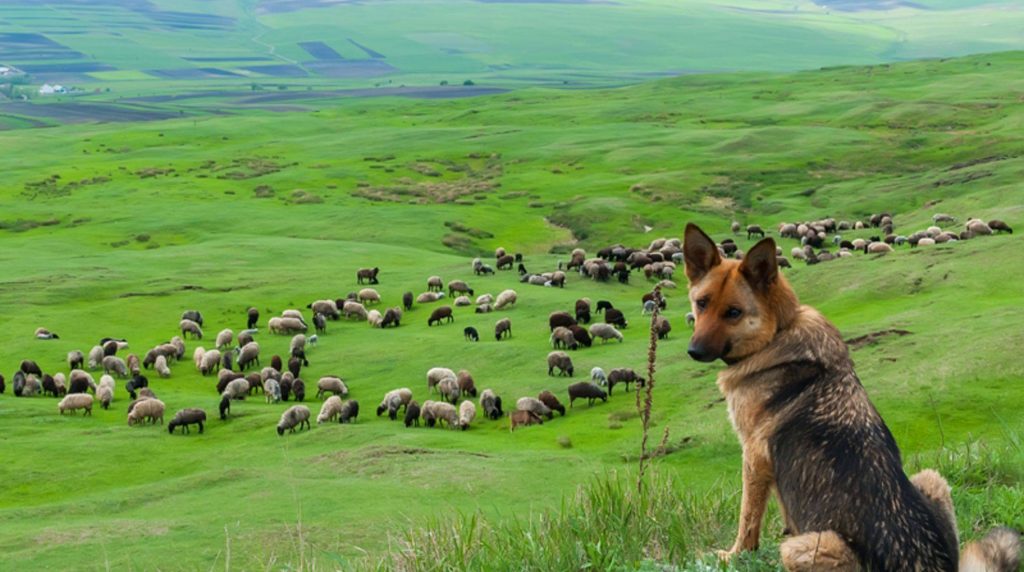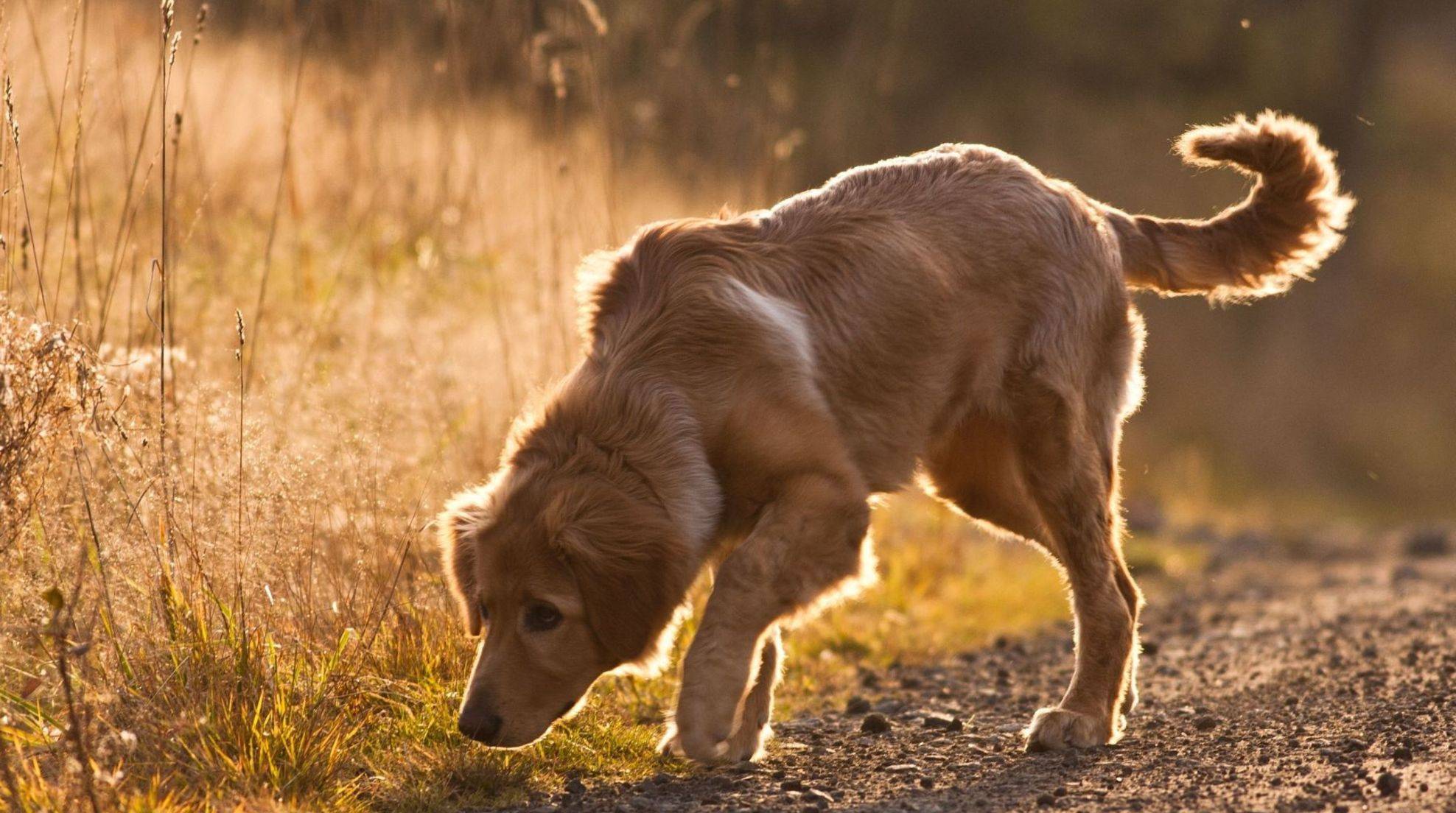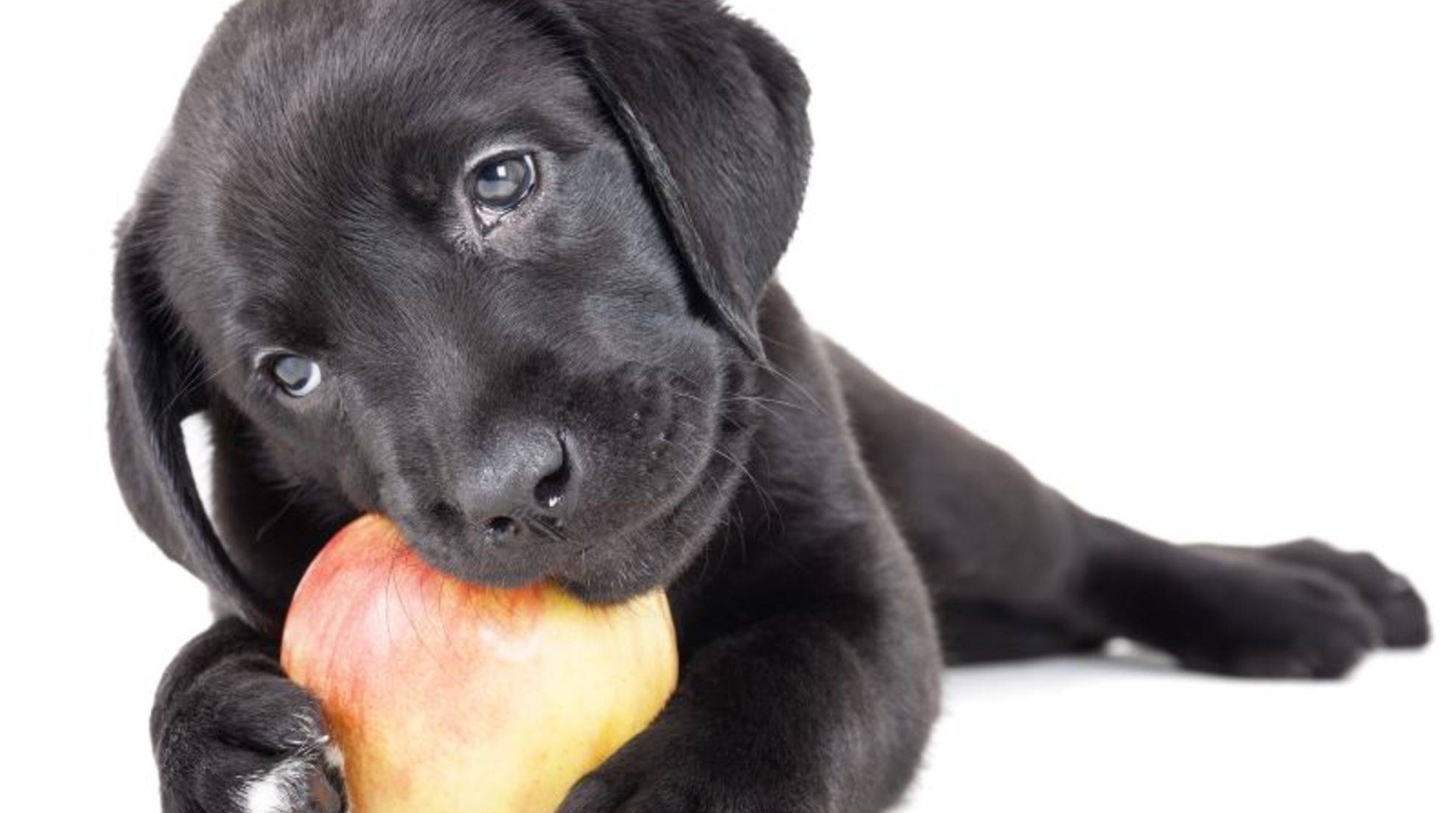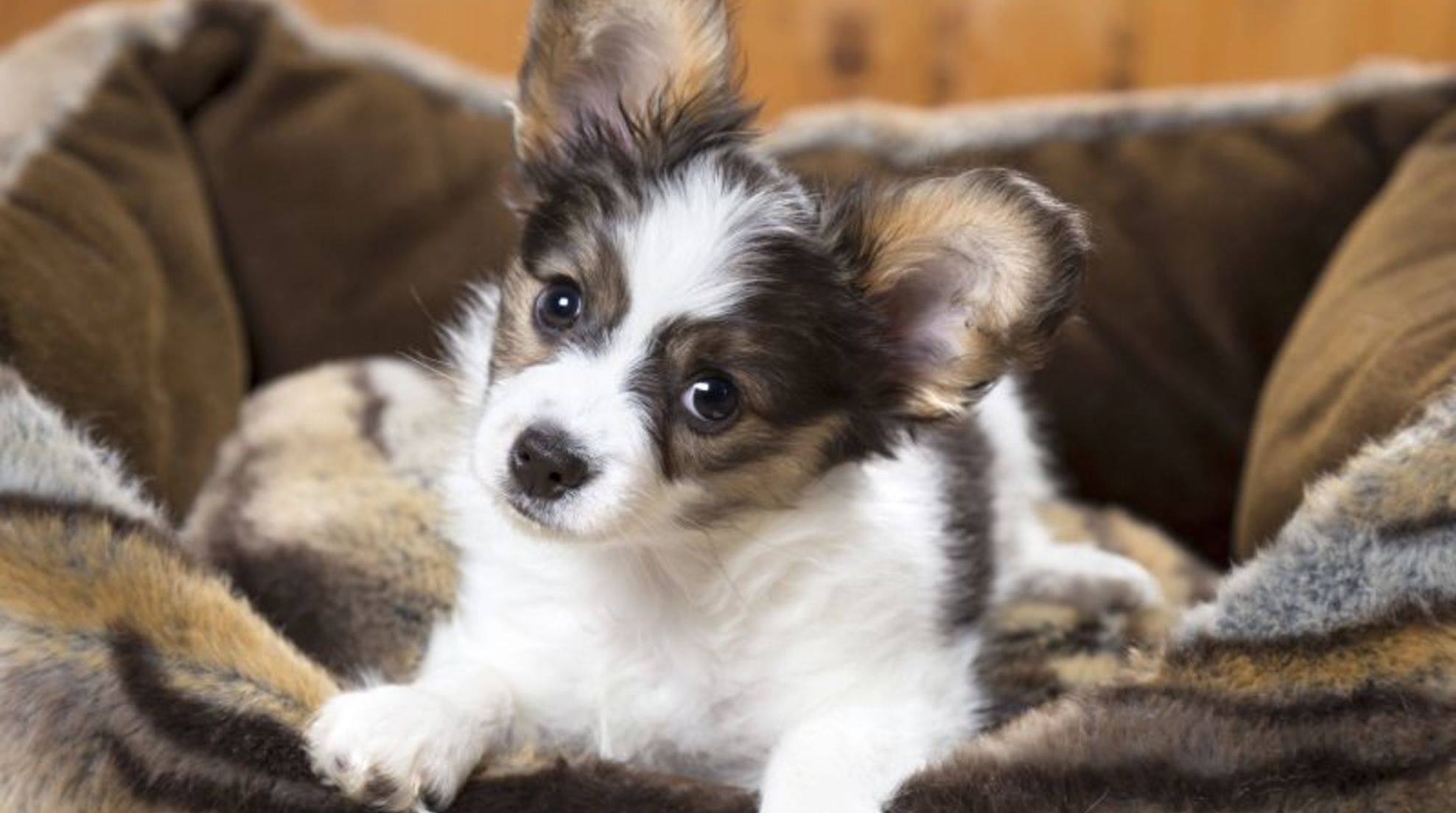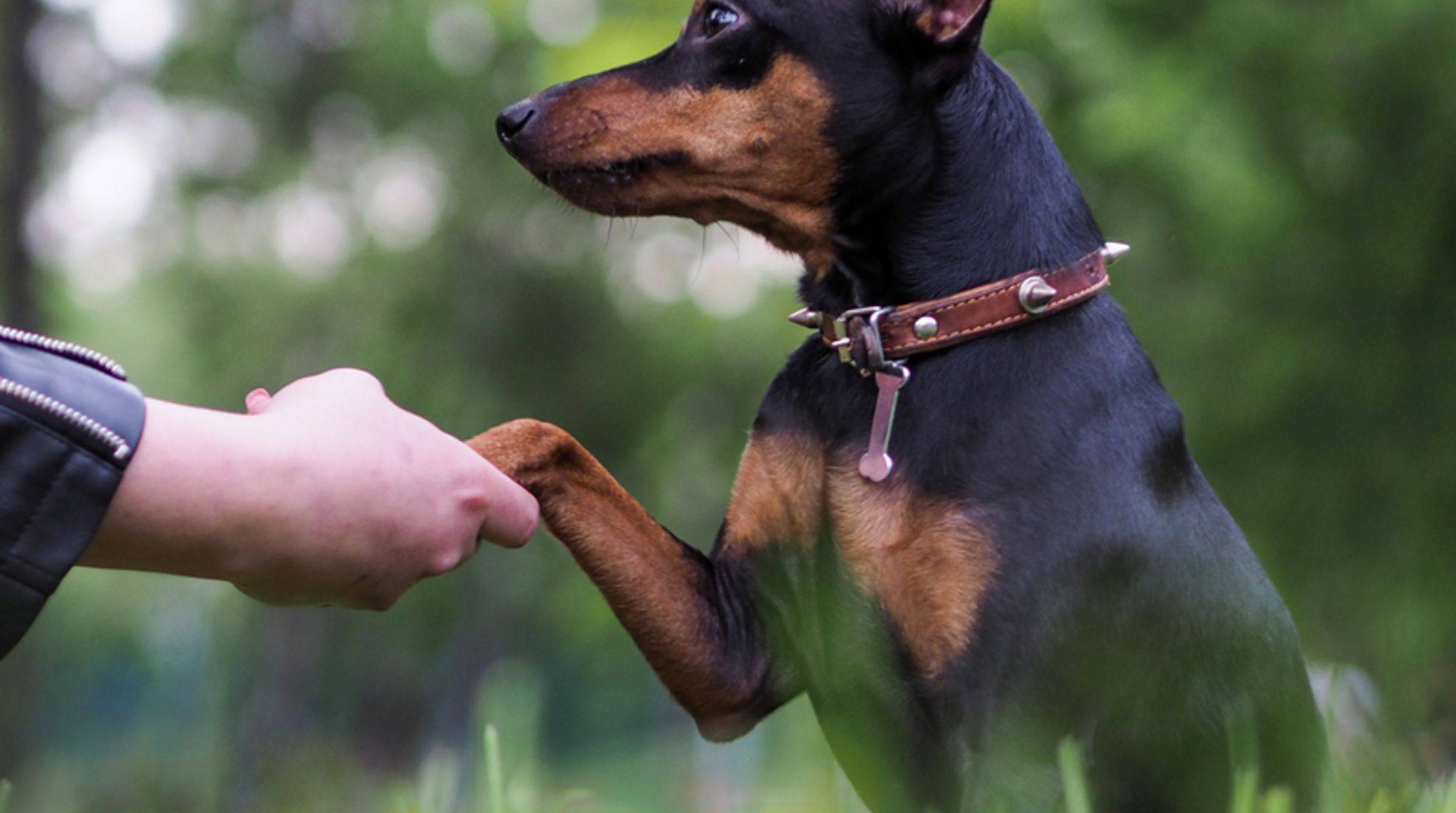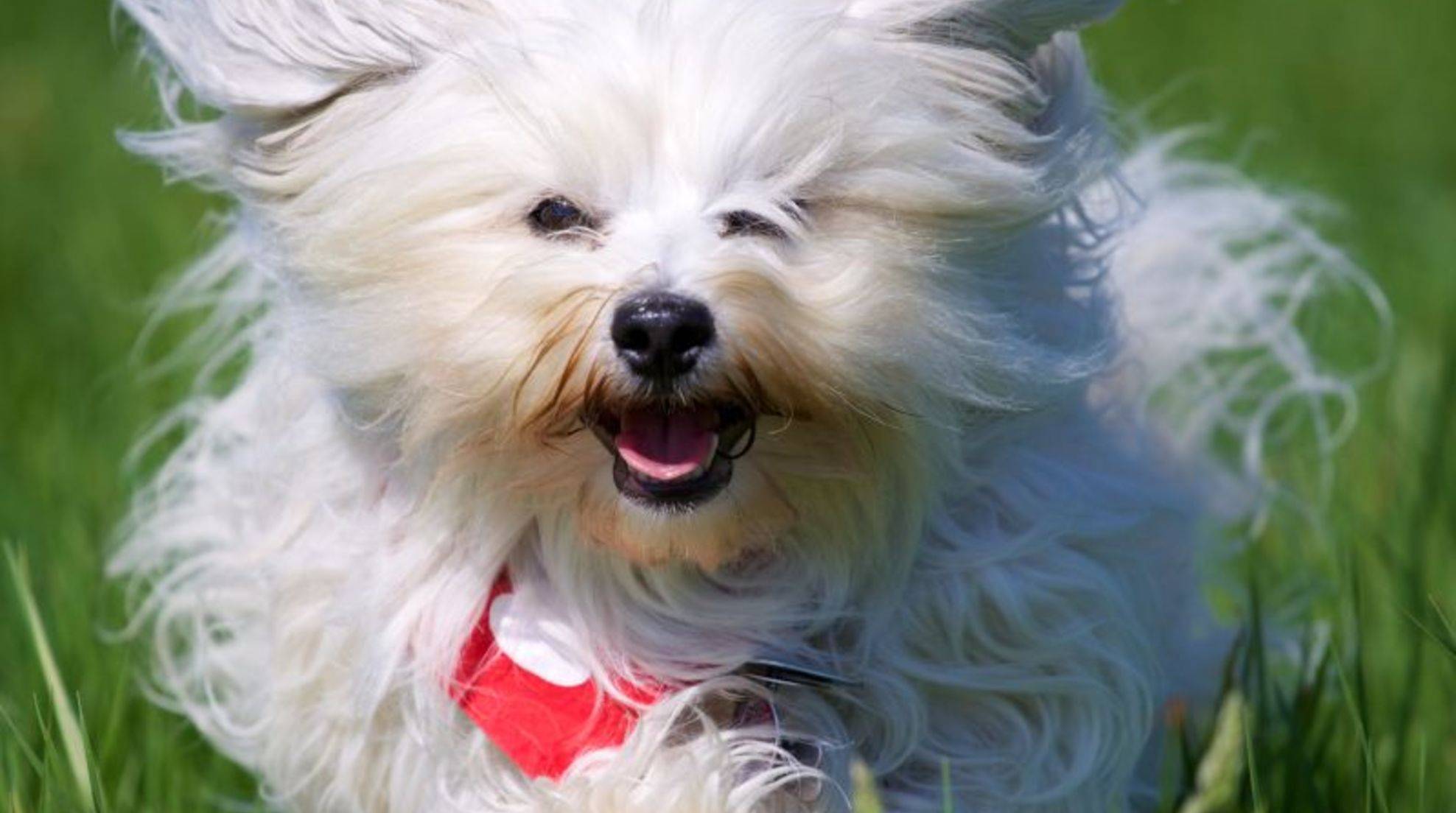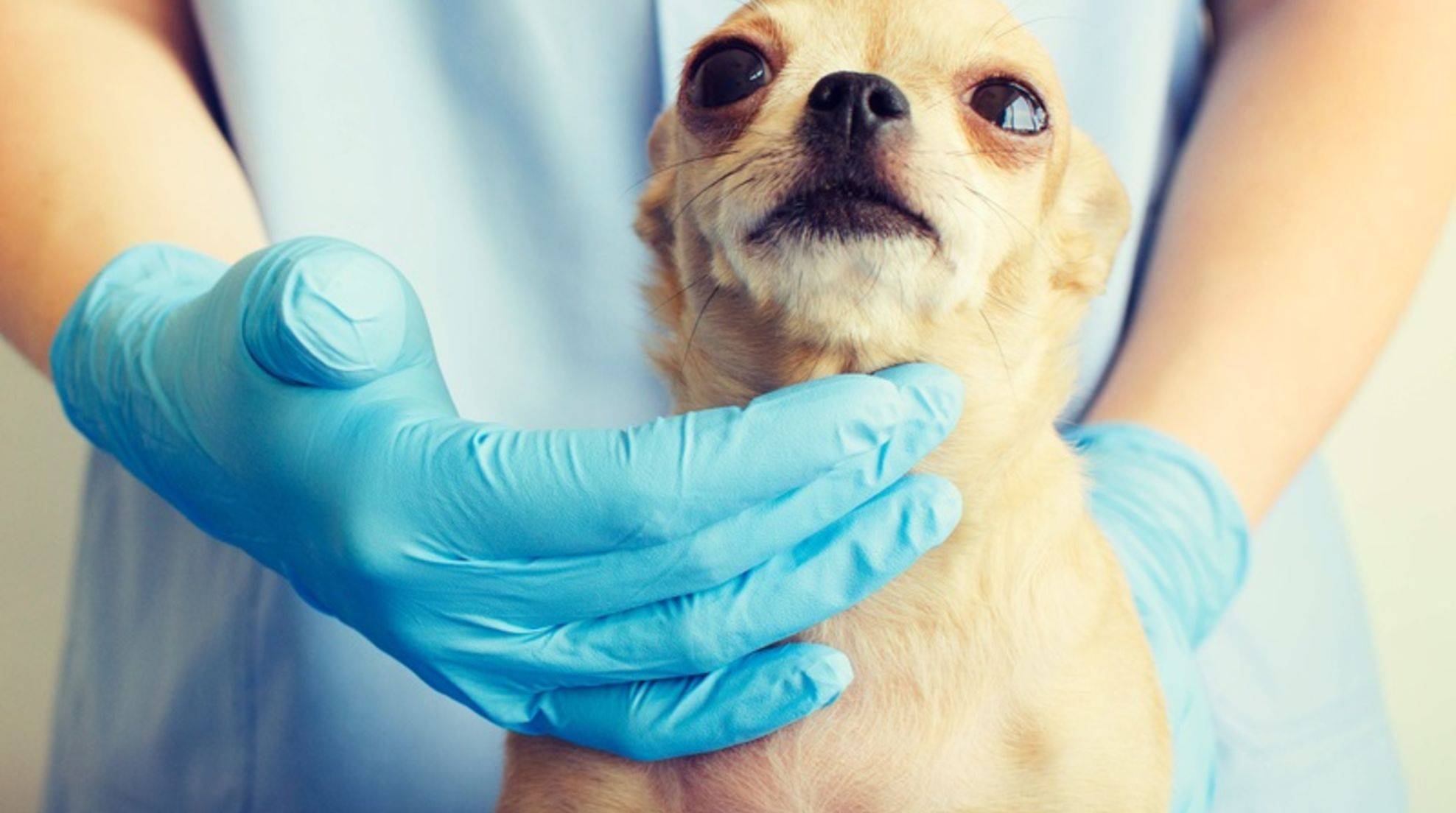Guard dogs, herding dogs, herding dogs: difference?
Shepherd dogs, guard dogs, herding dogs: When it comes to dog breeds that were originally bred as working dogs for shepherds and other herders, there is quite a confusion of terms. It is important to distinguish between the individual dog breeds and to be aware of their tasks and needs, so that a species-appropriate attitude is possible and possible behavioral problems are avoided.
Are shepherd dogs the same as guard dogs or a generic term for all dog breeds that work with shepherds, including herding dogs? Or is the herding dog a breed in its own right? It’s not easy to untangle this muddle … but how you can still tell the different dog breeds apart is explained here.
Common features of the guard dogs, herding dogs and shepherd dogs
Whatever you call each dog breed, what they have in common is that they were bred as working dogs for herding. Mostly it is flocks of sheep that shepherd dogs, guard dogs and herding dogs take care of. However, goat herds or cow herds can also benefit from having a dog that has been bred and trained for this purpose to guard and protect them. The four-legged friends are intelligent and learn quickly, but they tend to be more or less stubborn. Moreover, they usually have other duties besides herding and, for example, watch over their shepherd’s farm and family.
What are the duties of guard dogs?
The term guard dogs comes from English. There, these dogs are called “Livestock Protection Dogs” and “herd guard dog” is the literal translation. Indeed, the main task of a livestock protection dog is to protect the herd entrusted to it from predators and other intruders and to drive away possible attackers. Unfortunately, the term is partly tainted with prejudice. In the past, a guard dog was understood to be an aggressive animal that had a low threshold of irritation and would immediately attack anyone approaching its owner, family or property.
This was trained to the dogs with drill and sometimes with force. Nowadays, fortunately, a rethinking has taken place and guard dogs are trained with a lot of love, consistency, patience and species-appropriate training to be reliable companions who only offer protection when it is also necessary and are otherwise at rest in themselves, self-confident and obedient and absolutely trust their owners. However, this only works with the right training. You can read more about this in our guidebook “Schutzhundesport: Training für angehende Schutzhunde”.
At the same time threatens with the term “herd protection dogs” however also confusion with sheepdogs, shepherd dogs and herding dogs, which carry a less pronounced protective instinct in itself and have other requirements for attitude, education and employment. Thus it can lead to the fact that herd protection dogs are not used according to breed out of ignorance and then actually tend to behavioral abnormalities, which can be partly dangerous. Such dogs need – if already no herd – then nevertheless a large property, which they may guard. One thing to keep in mind is that these breeds were bred to be independent, so they have a hard time bonding with their owners and are more likely to make their own decisions instead of showing obedience. Inexperienced dog lovers, with little to no yard to boot, will quickly reach their limits. They are also often not enthusiastic about dog sports. Herding dogs include, for example, the Akbash, the Kangal or the Karabash.
What herding dogs are responsible for
Herding dogs usually work together with the shepherd. Depending on the size of the herd, there may be several herding dogs working together to make sure the herd stays together, gets safely from one pasture to the next or back to the barn. A herding dog can also take individual animals out of the herd, for example if it is sick. They can also work independently, but always pay attention to their owner and his instructions. Their obedience and willingness to learn are therefore very pronounced, as is their motivation to communicate and bond with their owners. Typical herding dogs are, for example, Border Collie, Australian Shepherd and Shetland Sheepdog (Sheltie).
And what are shepherd dogs?
Opinions also differ as to what exactly shepherd dogs are. Some say that “herding dog” is actually the correct term for “guard dog”. Others see shepherd dogs as a generic term for herding dogs and guard dogs. And again others see them as independent races, which can herd as well as protect and serve the shepherd as companion dog. The Belgian Shepherd Dog, the German Shepherd Dog and the Bobtail are considered to be shepherd dogs.

